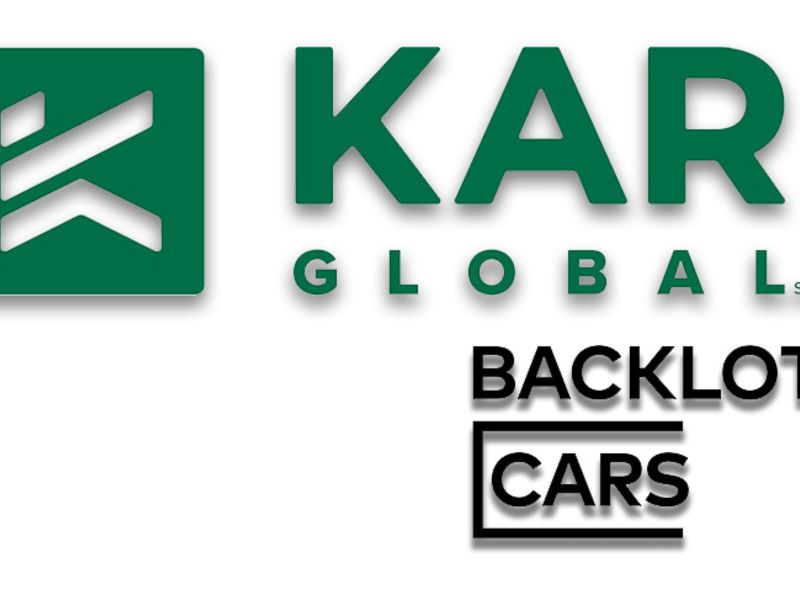
KAR Global is shifting all of its U.S. TradeRev customers to BacklotCars, the company said Wednesday as it reported a fourth-quarter loss of $17.1 million.
CEO Jim Hallett said in an earnings call that dealers seem to favor BacklotCars’ 24/7 bid-ask marketplace, vs. the timed auction of TradeRev, and that the inspection process used by BacklotCars is expected to lower costs for the company and give greater consistency on condition reports.
“And most important, we believe the price realization on the BacklotCars platform in the U.S. outperforms the competition in the U.S. market,” Hallett said.
The TradeRev brand name will live on in Canada. KAR bought 50 percent of TradeRev in 2014 and acquired the rest of the company in 2017. The rollout hit speed bumps thereafter. KAR said at the beginning of last year that the rollout of TradeRev weighed on its results for 2019. Hitting the reset button, the company adjusted its ADESA auction and TradeRev sales forces to share duties and prevent overlap.
Asked about the rollout Wednesday, Hallett said, “I think we got beat on our go-to-market strategy,” he said. But Hallett said they “learned a lot” from the Canadian product, which remains the leading digital dealer-to-dealer marketplace north of the U.S. border.
“We thought we could just bring that to the United States and drop it in, and that wasn’t the case,” he said, adding that dealer behavior is different in the U.S. BacklotCars, on the other hand, was able to develop a product more in line with how American dealers operate, such as with the bid-ask marketplace, which essentially gives dealers up to three days to sell and bid on cars.
KAR bought BacklotCars in November for $425 million.
In the fourth quarter, KAR’s net revenue dropped 21 percent to $529.6 million. The company posted a net loss of $17.1 million, compared with net income of $15.3 million in the same quarter a year ago.
For the full year, KAR’s revenue declined 21 percent to $2.19 billion. KAR’s full-year net income plunged to $500,000, compared with net income of $92.4 million in 2019.
In speaking about the company’s fourth-quarter results, Hallett pointed to challenges in the wholesale sector brought on by the coronavirus pandemic. KAR permanently cut some 5,000 positions in the wake of the pandemic, reducing annual payroll costs by $150 million.
Hallett said the company had its headcount and cost structure aligned by last fall, leading favorable third-quarter results, but a resurgence of the virus led to impacts that went beyond what it experienced in the spring, he said. “Lower transaction volumes led to reduced performance in the fourth quarter, despite all the reductions that we’ve made to our cost structure,” Hallett said.
KAR shifted its wholesale vehicle auctions to a digital format last March and has continued to not run vehicles physically through lanes, even as Manheim and independent competitors do, to varying degrees.
“It is true that many of our competitors are running cars through the lane, despite the increased COVID numbers over the past several months,” Hallett said Wednesday. “But we have not returned to the old way of doing business, and don’t believe there’s any evidence that running cars across the block improves the financial outcomes for our customers.”
Hallett said he believes the factors that hit the company’s fourth-quarter performance are temporary.
The lower-than-expected results sent KAR’s shares down 13.7 percent to a close of $15.93 on Wednesday.
On an earnings call, an analyst asked if, with the stock price around $14, the company would consider going private.
CFO Eric Loughmiller said the current stock price does not reflect the long-term value of the company.
“We won’t worry about who owns us,” he said. “We’ll just run the business for our owners.”

